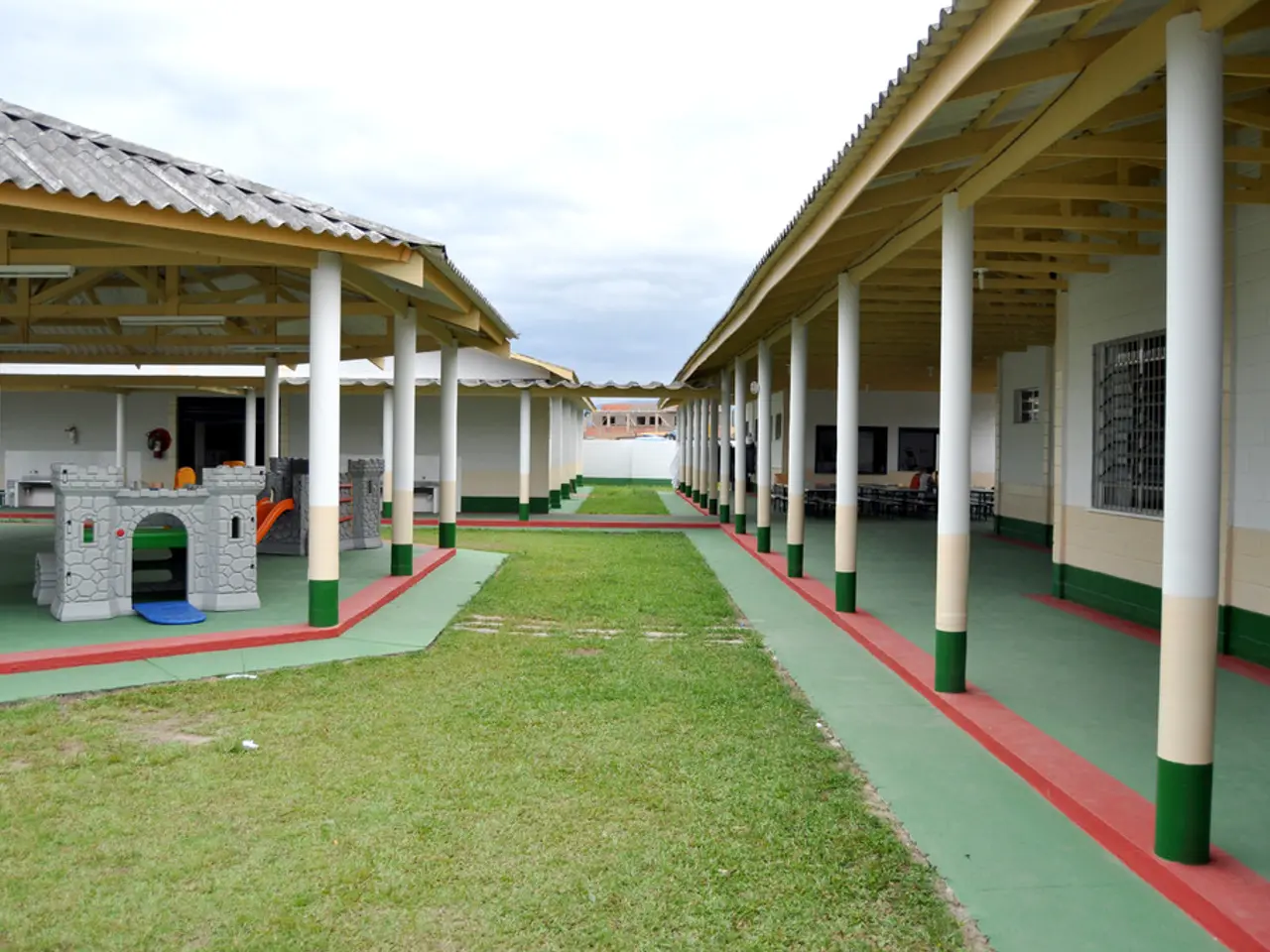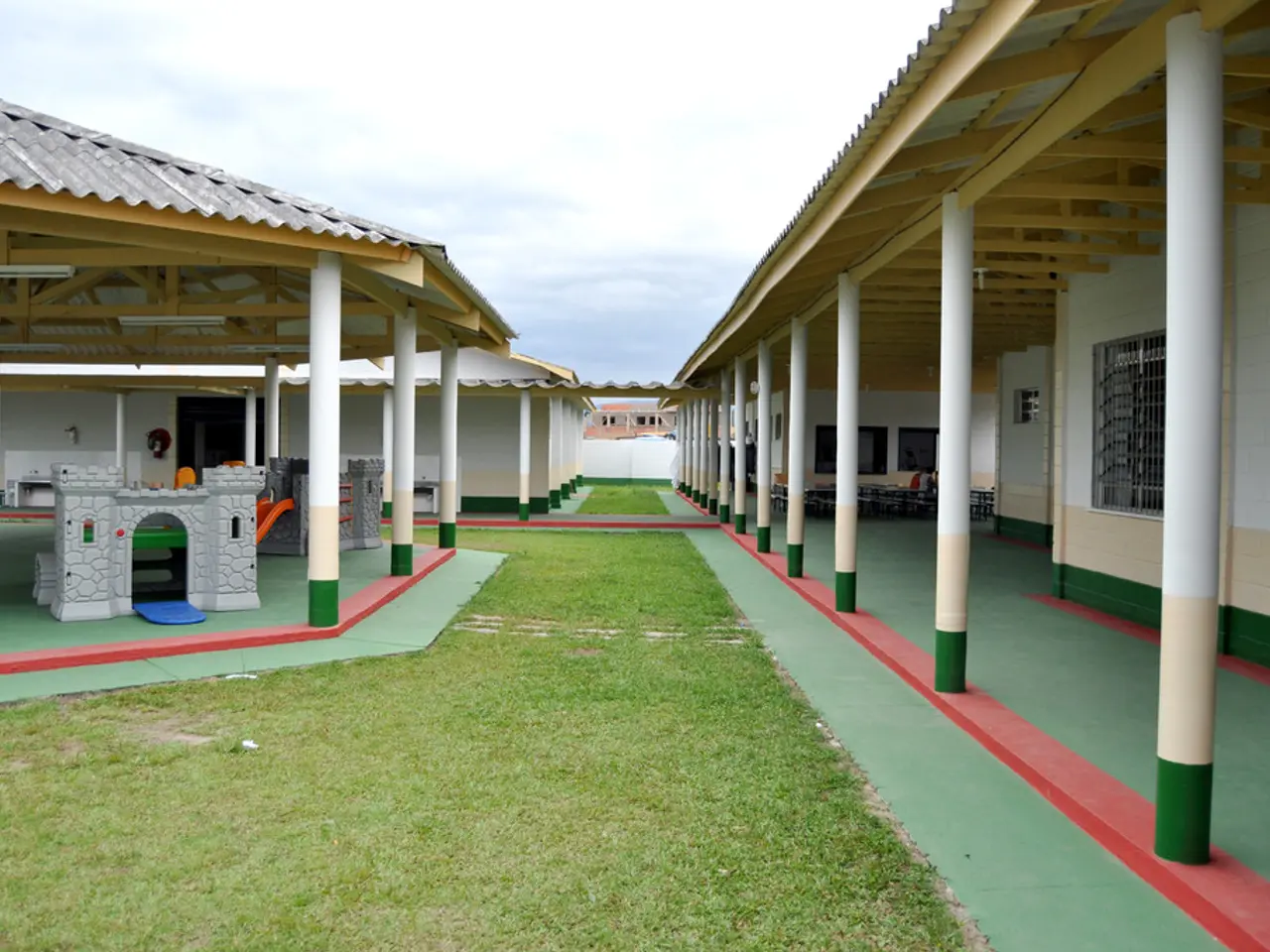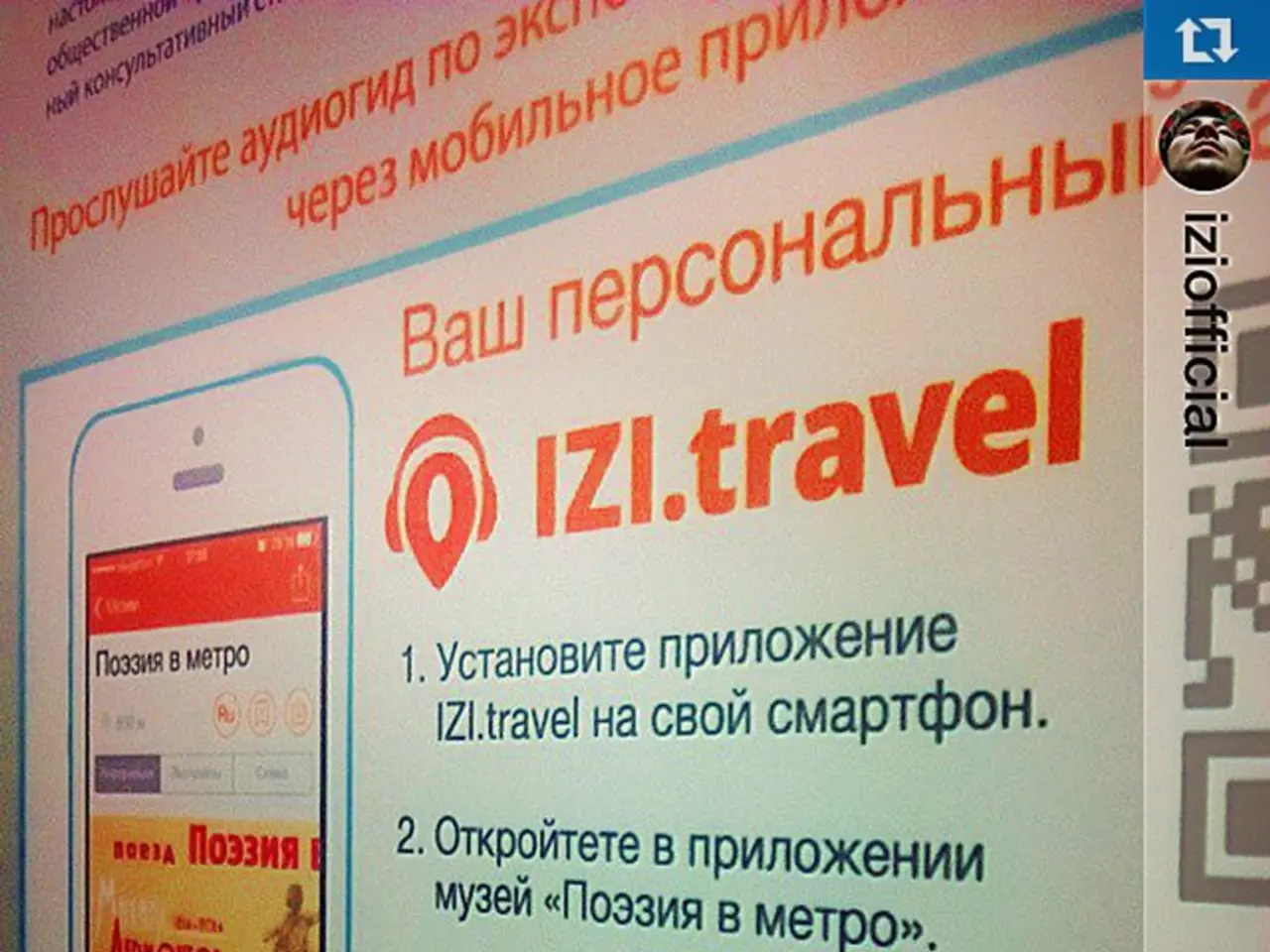CDU Group vehemently disputes the premature termination of payment card usage.
Solingen City Council CDU Faction Opposes Hasty Refugee Payment Card Approval
In Solingen, the CDU faction in the city council is holding off on a speedy approval for introducing a payment card for refugees, preferring to examine real-world experiences from municipalities that have already adopted or plan to adopt such a system. According to Daniel Flemm, CDU faction chair, "It's premature to rule out a future introduction, but we want to keep our options open."
Flemm adds, "If we do proceed with the payment card, it should offer real relief for the administration, not create additional administrative hassle." Extra administrative burdens and costs can neither be financially justified nor supported by increased personnel, Flemm stresses. He also mentioned, "We expect the state and involved service providers to guarantee that the municipal administration doesn't face unnecessary workloads."
Practical Experiences from Germany
Germany implemented a payment card system for asylum seekers in 2024, as part of the Asylum Seekers’ Benefits Act. By mid-2024, Bavaria had completed rollout, with other states stepping up implementations. The full implementation across 14 Federal States is planned for January 2025. The system lets users withdraw a limited cash amount (usually €50 per month) and prohibits transfers.
Municipal ID Programs Lessons
While not directly related to payment cards, municipal ID programs in the U.S. serve as pertinent case studies in empowering undocumented or marginalized populations by facilitating access to local services and banking. Obstacles such as scrutiny from financial institutions and difficulties in obtaining necessary documentation were highlighted by these programs. Refugees could face similar hurdles when adopting payment cards without guaranteed institutional acceptance and easy access to necessary IDs.
Implications for Administrative Relief and Bureaucratic Burden
Payment card systems streamline financial benefits distribution for refugees by centralizing and digitizing transactions, making cash handling, security concerns, and manual record-keeping redundant – enhancing speed, transparency, and security. However, challenges like cash withdrawal restrictions and prohibitions on transfers raised criticism and legal challenges, potentially complicating practical use.
Necessary Considerations for Success
To avoid complications, care must be taken in the card's design to avoid burdensome usage restrictions. Collaboration with banks or financial service providers is key to ensure acceptance of the card as a viable ID or payment instrument. Furthermore, making the process simple and straightforward in terms of documentation is also crucial.
Standardized, uniform implementation across municipalities is important to prevent administrative inconsistencies and needless bureaucratic procedures. If implemented correctly, such a system can significantly support refugees in accessing financial benefits while easing administrative burden for municipalities.
- In light of the experiences from Germany, the CDU faction in Solingen's city council is considering policy-and-legislation on the use of payment cards for refugees, focusing on ensuring the system offers administrative relief and not adding to bureaucratic burdens, as observed in some municipal ID programs in the US.
- To ensure the success of a potential payment card system for refugees in Solingen, the CDU faction emphasizes the need to learn from general-news, such as the challenges faced in municipal ID programs, and strive for collaboration with banks and service providers to guarantee institutional acceptance, easy access to necessary IDs, and a streamlined implementation process across municipalities.







